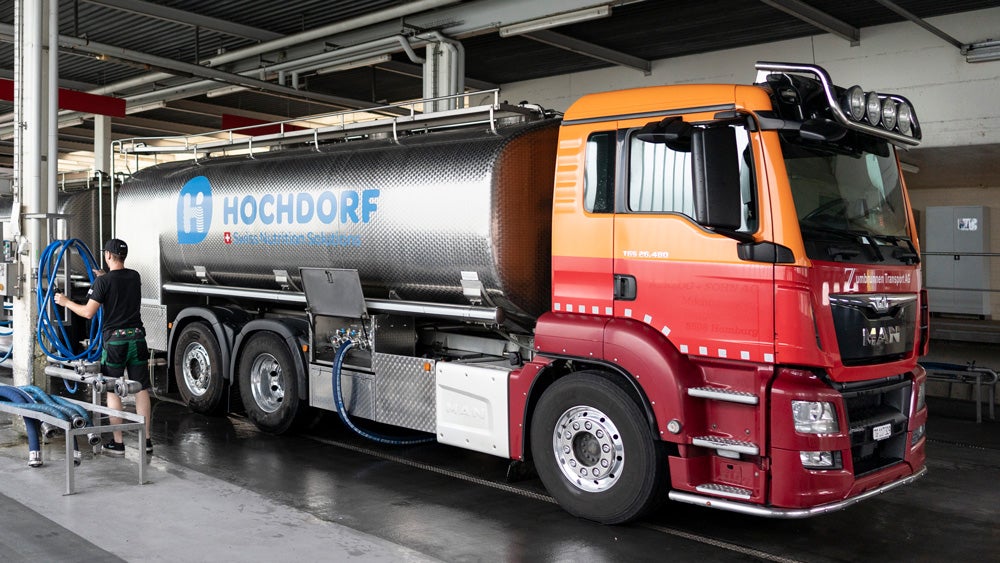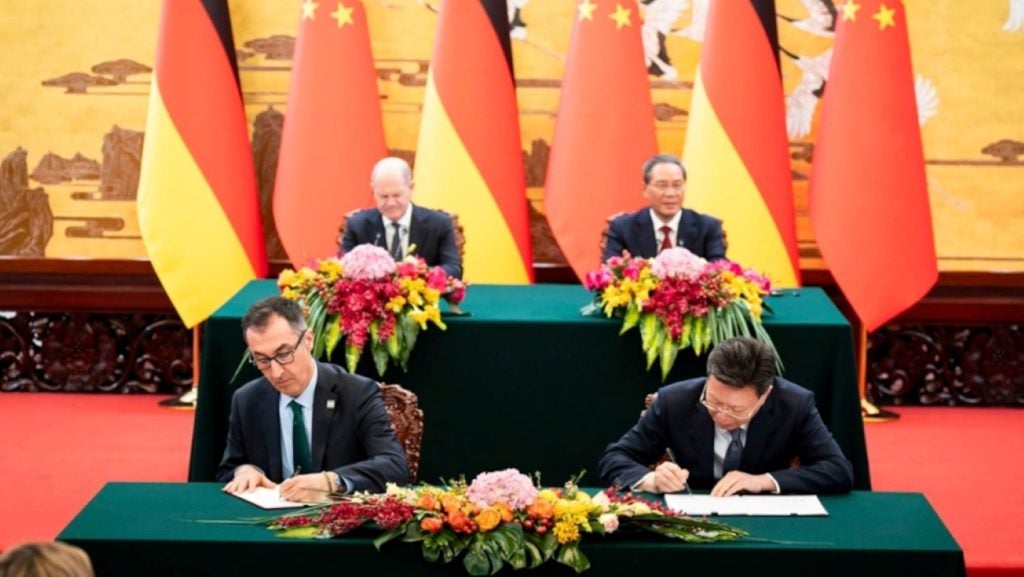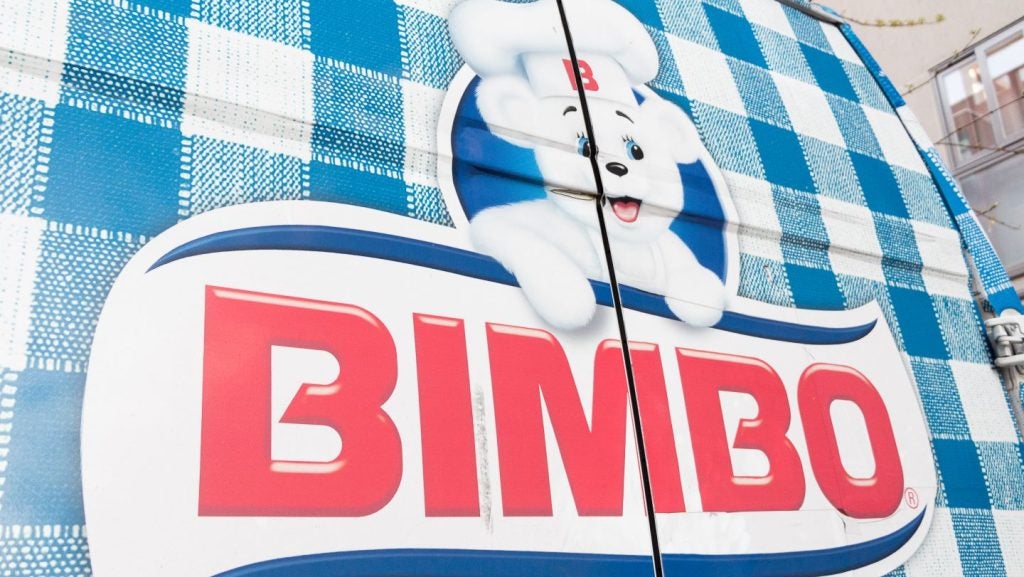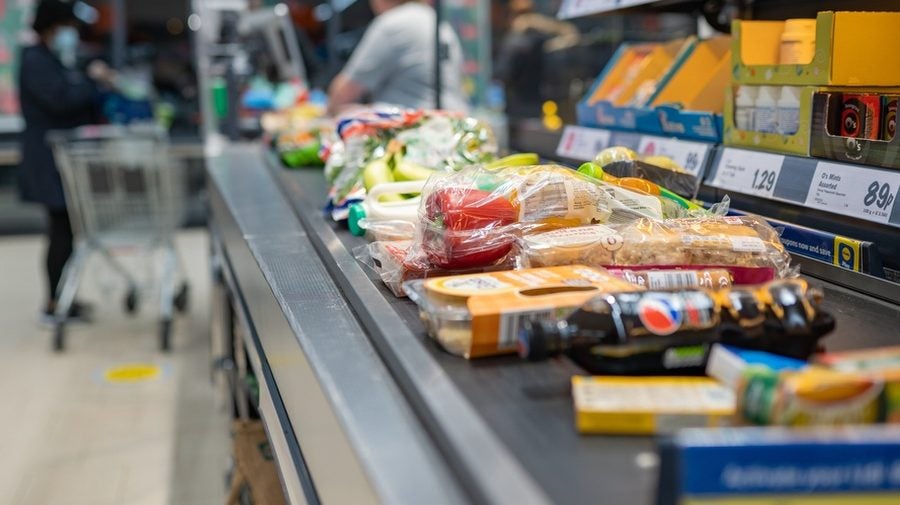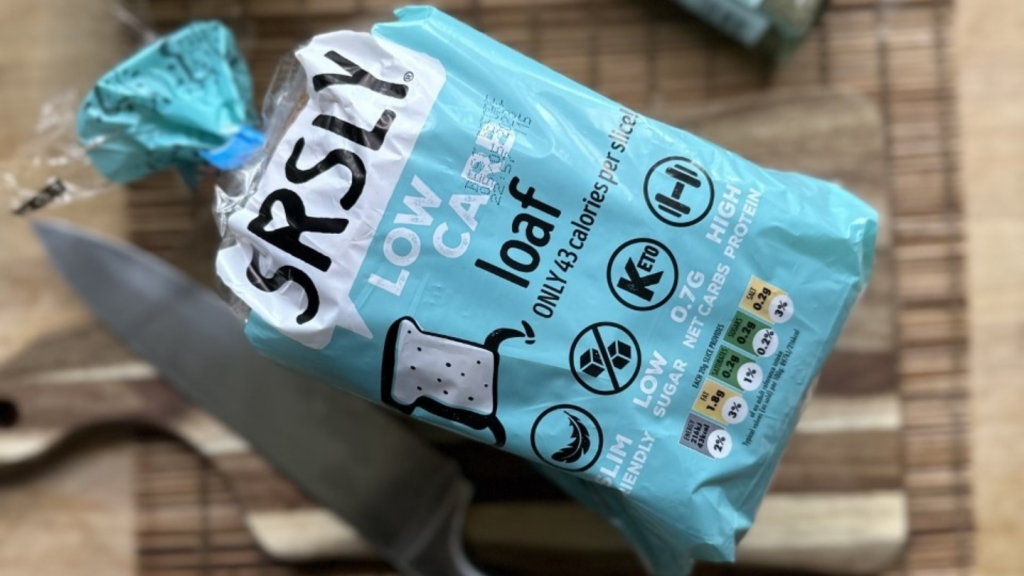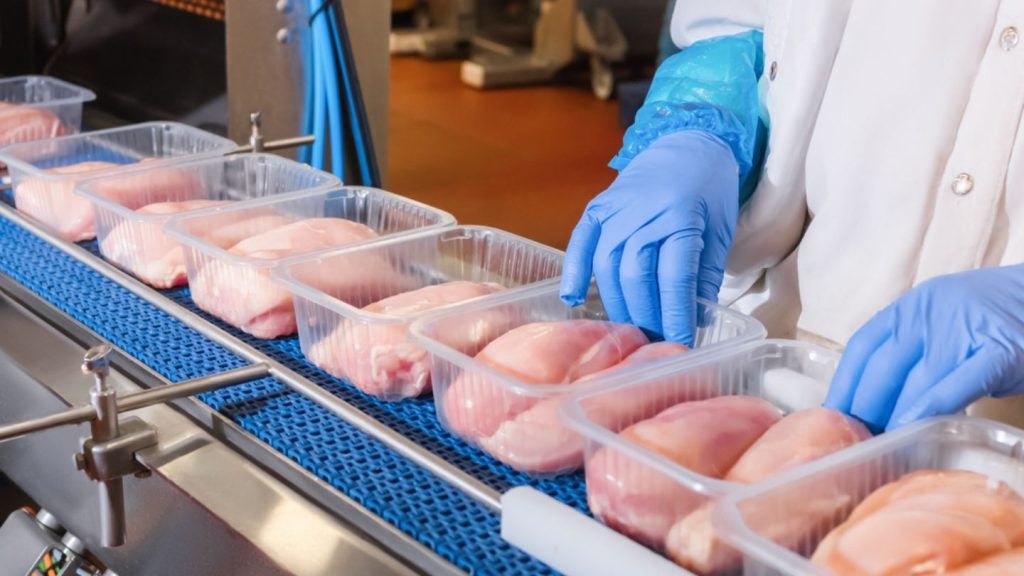Hochdorf has turned its attention to a sale of the holding company’s entire production business in Switzerland and overseas for baby food and ingredients.
Building on the March announcement that Hochdorf was reviewing options for a sale or partial disposal of its manufacturing business, the subsidiary Hochdorf Swiss Nutrition (HSN) will now be put out to potential buyers.
At the top of the corporate structure is Hochdorf Holding, within which sits the Hochdorf Group housing the two units infant nutrition and dairy food solutions. In 2015, the pair of divisions were merged into HSN, which covers “all activities in Switzerland” and the “export business”, according to its website.
Ahead of an annual general meeting on 15 May, Hochdorf said in a statement yesterday (22 April) that “sales talks are now focussing on a sale of the subsidiary Hochdorf Swiss Nutrition”, adding that “the financing of the Hochdorf Group’s operational business remains secured”.
Hochdorf has been reorganising for a number of years, including previous disposals of businesses and manufacturing plants.
A review of its group business strategy was launched in 2019 amid a series of profit warnings. Before the year was out, Hochdorf announced the disposal of its majority stake in the baby-food subsidiary Pharmalys, adding to its exit from cooking oils, flour, cereal, snacks, and fruit and veg.
Hochdorf now operates from two factories – one in the Swiss village of the same name in Lucerne canton and the other in Sulgen, Thurgau. They supply 48 countries in Europe, Africa, Asia, the Middle East and South and Central America.
Its website lists multiple business units under the Hochdorf Holding umbrella in Germany and a single division in Uruguay. The largest shareholders are named as Amir Mechria and Tunis Tunesia in Dubai (20.7%), ZMP Invest in Switzerland (18%) and Cayman Islands-based the Bermont Master Fund.
Just Food asked Hochdorf to clarify what business will remain within the holding entity and the group if a sale of HSN is successful.
A spokesperson responded: "All the operational business is running within Hochdorf Swiss Nutrition, including both plants at Hochdorf and Sulgen and including all the business, be it national or international."
In yesterday’s statement, Hochdorf reiterated the ongoing financial burden from its loans and bond commitments, which, it said, are “difficult to be paid off from Hochdorf Holding Ltd.’s own resources, despite a competitive business model”.
Nevertheless, the company booked a net loss in the year to 31 December of SFr10.2m ($11.1m), down from a SFr15.7m loss in the prior 12 months.
On the sale talks announced in March, Hochdorf said the “discussions to date have clearly shown that there is currently no realistic prospect of finding investors or buyers for the entire Hochdorf Group or for the holding company, Hochdorf Holding Ltd., which has high levels of debt”.
It added: “Consequently, the company is now focussing on the potential sale of the subsidiary Hochdorf Swiss Nutrition Ltd (HSN), which runs the operational business, as the most viable solution.
“The company is examining various scenarios ranging from its continued existence to its dissolution. In the event of a dissolution of Hochdorf Holding Ltd., shareholders would have to expect a significant or total loss of their investment.”
The infant nutrition unit houses baby formulas such as the Bimbosan and Babina brands, while food solutions is engaged in the processing of milk, milk powders, whey and cream.
HSN also processes vegetable proteins for milk alternatives and claims to be the “only Swiss manufacturer of condensed milk”.
The group business reported sales last year of SFr307.8m, up 5.3% on 2022. Food solutions generated SFr204.7m, down 3.7%, while sales revenue from infant nutrition rose to SFr103.1m from SFr23.6m.
EBITDA was a positive SFr7.8m, compared to a SFr10.1m loss a year earlier. EBIT, however, remained in the red at SFr3.9m versus a SFr20.1m loss.
Hochdorf described the difficulties in its 2023 annual report: “Despite the significant operational progress with positive EBITDA and cash flow, the executive management and the board of directors of the Hochdorf Group have come to the conclusion that in the foreseeable future, even competitive earning power will not be sufficient in any plausible scenario to bear the increasing legacy burdens from the complex financing and capital structure.
“Measures to this end - partly due to the hybrid bond from 2017 and the resulting rising interest burden - have proven to be virtually impossible to realise.”


